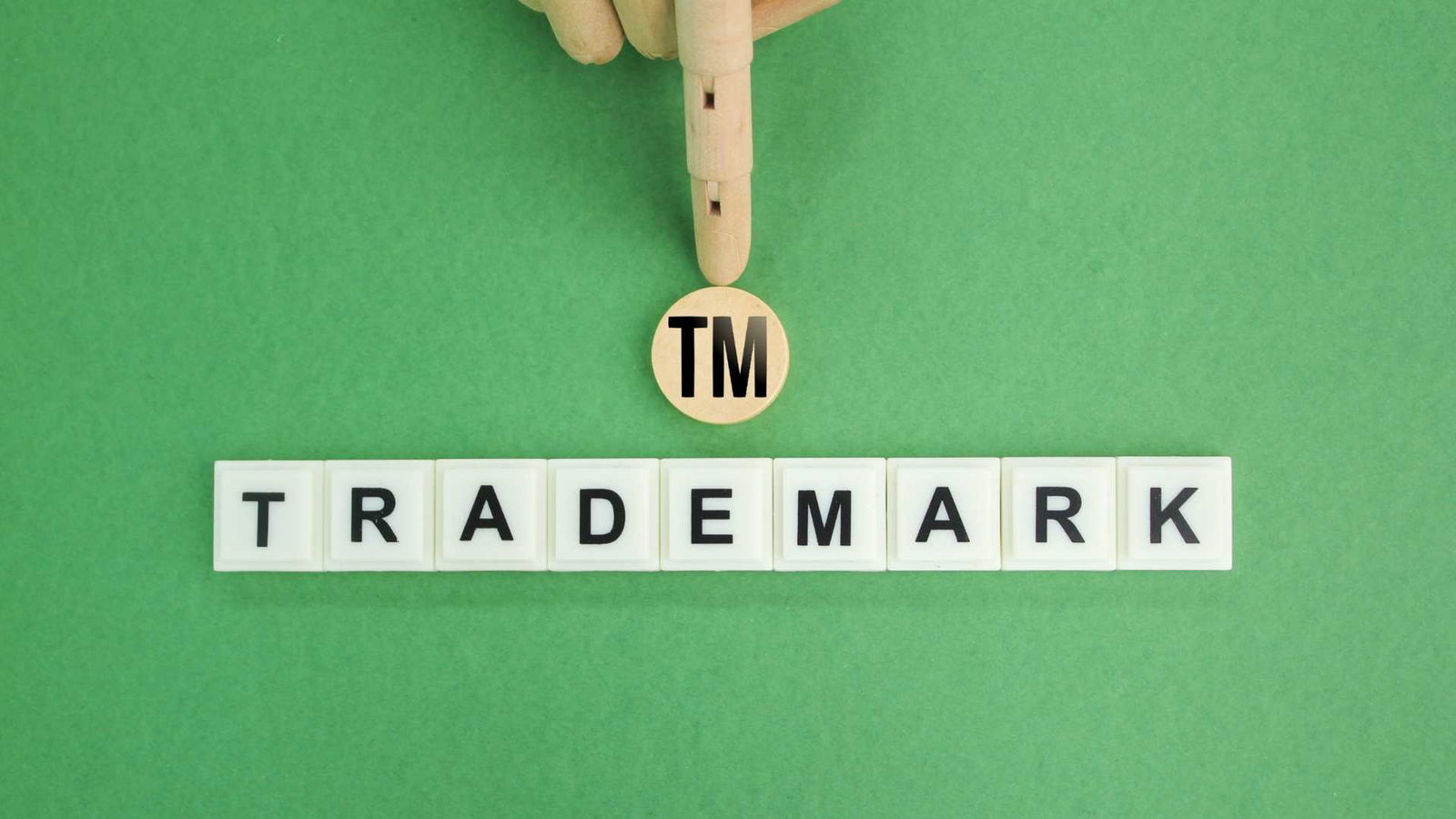Trading mark misuse happens when a third party uses a brand or service mark without permission in a way that could confuse buyers. Defendants must fully understand the legal effects and possible results of copyright theft. This blog post will explain what Trademark infringement is, what it means, and what you should do if someone says you have stolen their brand.
What is Trademark Infringement?
Without the owner’s permission, someone who uses a brand that is the same as or similar to a registered trademark is committing copyright infringement. This illegal use can confuse buyers and hurt the name of the person who owns the property. Direct violation is when someone uses a name without permission. Contributory infringement is when someone helps someone else do something wrong. And indirect infringement is when someone gains from and controls the illegal use. Using a similar brand on goods or services, selling fake goods, using domain names that are too similar to be confusing, and making false ads that trick people are all examples of things that are illegal.
Implications of Trademark Infringement
The legal and financial consequences for criminals in cases of copyright abuse in India can be serious. These effects include:
- Civil Action: The trademark owner can sue the offender in court, leading to compensation or a court order to stop using the brand.
- Criminal Action: The infringer can face fines and/or jail if found guilty.
- Administrative Action: The trademark owners can send a report to the Registrar of Trademarks, resulting in removal or ban of the illegal mark.
- brand Seizure by Customs: The brand owner can request customs officials to take illegal goods.
Acts Provoking Trademark Infringement
Trademark infringement in India is the use of a brand without authorization by someone, therefore confusing customers. The following actions constitute infringement:
- Using a mark either exactly like a registered trademark or deceptively similar without authorization is illegal use of a trademark.
- Selling counterfeit products or services using a mark either exactly like a registered brand or subtly close to one.
- Registering or utilizing a domain name that is either exactly identical to a registered brand or just deceptively close.
- False advertising involves making false claims about the source or quality of products or services or advertising goods or services using a mark either exactly or deceptively similar to a registered trademark.
Results of Trademark Infringement
For the offending party, trademark infringement in India may have serious consequences:
- The trademark owner may recoup real damages—including lost profits—as well as extra damages for brand reputation damage.
- Legal Expenses: The infringement might be directed to pay court expenses and legal fees paid by the trademark owner.
- Courts have the authority to provide either interim or permanent injunctions to halt trademark infringement.
- Trademark violation may seriously damage the reputation and credibility of the offender, therefore erasing customer confidence.
Asserting trademark infringement
Should you think your trademark has been violated, use these guidelines:
- Get documentation of the infringement including sales data, product photos, and screenshots.
- Send a cease-and-desist letter to the infringer asking them stop using the infringing mark.
- Should the infringer refuse, document a complaint with the relevant court or administrative agency.
See a legal professional to guarantee your claim is legitimate and to properly negotiate the legal system. An attorney can assist you:
- Choose the best line of action; be ready and document legally.
- Negotiate with the infringer; if needed, represent you in court.
Strategies Against Trademark Infringement Claims
One may mount numerous strong defenses against a trademark infringement allegation:
- Either descriptive fair use—that is, using the mark to characterize the defendant’s own products or services—or nominative fair use—that is, using the mark to refer to the trademark owner’s goods or services—the defendant may maintain is a fair use.
- Based on precedence of use, the defendant may have a legitimate defense if they can prove they were using the mark prior to the plaintiff acquiring their trademark registration.
- The defendant might contend that a fundamental component of trademark infringement, their use of the mark is not likely to create consumer confusion about the source or sponsorship of the products or services.
Managing copyright infringement
- See legal counsel right away if you are under attack for trademark infringement. A skilled trademark attorney can guard your rights and negotiate the convoluted legal system. The important actions to follow are:
- Get all pertinent data, including letters to the trademark owner, proof of your own trademark rights, and samples of your mark’s usage.
- Based on things like trademark strength, mark likeness, and probability of confusion, your attorney will evaluate the claim and determine its validity.
- Your attorney may assist you in deciding on the appropriate course of action—which can call for a declaratory judgment Lawsuit, a viable defense, or negotiations of a settlement.
- Should it be required, your attorney will defend you in court and seek to settle the conflict in a manner that preserves your company’s interests.





